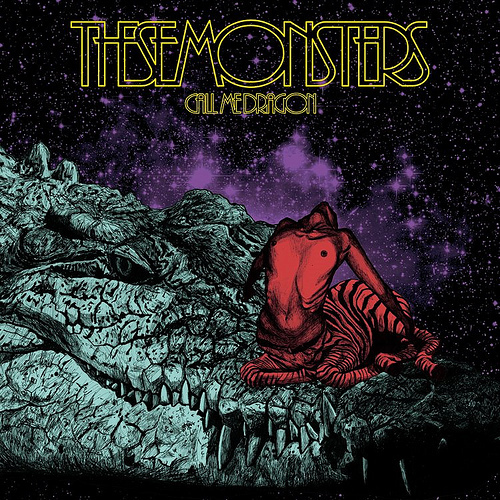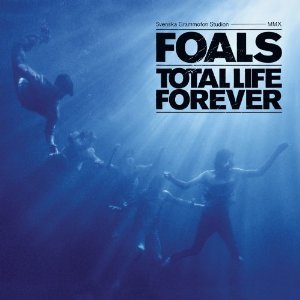Tape culture has become all zeitgeisty these past couple of years; the New York Times, Guardian and Pitchfork amongst others have all devoted articles to the resurgence of the 'dead' format. Whatever the reasons behind it – nostalgia, aesthetics, rejection of modern technology, willful obsolescence – it's popular. Last year writer Ceci Moss identified 101 cassette labels in operation. There's probably more now. The whole movement ties in with the chillwave/glo-fi/whatever scene – Ducktails, Toro Y Moi, Washed Out and others have released tapes in the past year. And Fuck It Tapes, the cassette label of Woods frontman Jeremy Earl have releases from Vivian Girls, Wavves and Blank Dogs in the catalogue.
And so, by proxy, Woods are part of that tape culture, despite on the surface having little connection with the ambience of glo-fi or shitgaze. Instead, as those who heard 2009's Songs of Shame will know, they have a sound that comes from nature, from forests, from rivers – it's organic, as opposed to the worn reels of synths / noise that seem to emerge from some Eighties club. The meandering guitar lines of the previous record have been replaced with a certain directness. Opener 'Blood Dries Darker' might have been heard at some early pop festival, played while proto-hippies twirl round in kaftans and paisley prints.
The problem is that this slight pitch bend towards pop, from something 'other', leaves Woods feeling a little bit less unique, a little bit more like a vinyl from a Sixties band that no one really remembers. Some of the songs here just aren't strong enough. 'Mornin' Time' starts badly, an alt. country pastiche, before being rescued / obliterated by fading out the tune into squalling guitars stolen from Hope of the States. The movement from one t'other doesn't work. They feel wedged together, like two people on a blind date who realise before the starters come they have nothing to say. 'Get Back' is slight – in melody, length, lyrics, depth. It's forgettable too, making it the weak link of an album that is so often great. 'Deep' is near perfect, a synthesis of handclaps, synths that sound like an owl, or an insect, and almost afrobeat guitars.
At Echo Lake is imbued with sadness. Much of it is recorded in the minor key, and it seems to be where Woods are at their best. 'Pick Up' is melancholic, almost desolate. They often use field recordings and effects behind the weaving, entwined guitar lines works, and the dissonance of these sounds work well with the tone they're aim at. To get all sixth form journal keeper about it, it articulates the inner pain. The squalling feedback guitar mixes with the melodic acoustic of 'Time Fading Lines', and they each compliment the other, and add up to something better.
Woods' guitar playing is their strong suit, at times rolling, other times jarring and needling, or spooling out into endless solos. Despite only being two minutes long, 'From The Horn' manages to condense all these styles into something culled from the jam session floor. The lo-fi production makes them sound more authentic, shorn of studio sheen, a layer of drifting static covering all. It adds to the depressing air, along with the high, reedy vocals of Earl, almost childlike, more innocent, yet more world worn.
Woods are a Brooklyn band that sound nothing like a Brooklyn band. Woods are a tape culture band that sound nothing like a tape culture band. They seem more attuned to the pastures of the mid West, or the shores of the coastline. Not the hard edge of the city. If records can be classified into 'urban' (not in the R & B sense) and 'rural', then At Echo Lake is surely from the countryside, and all that that entails in instrumentation, production, lyrical concerns. Woods have refined their wanderings into more concise thrills, but at times lost what made them unique.
-
7James Lawrenson's Score






















